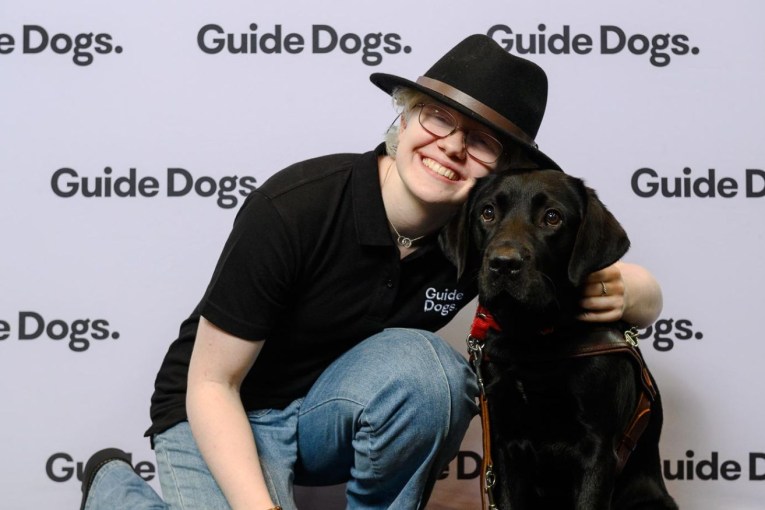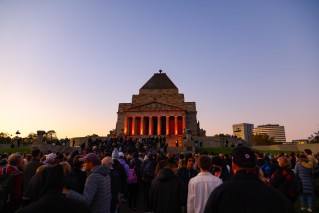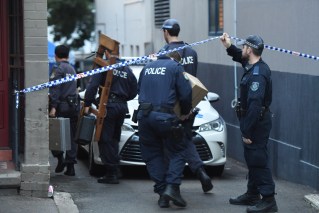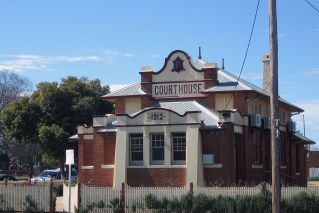Australian academic Kylie Moore-Gilbert has revealed she was beaten and tranquillised by her Iranian captors, who used “psychological torture” while she waited for diplomats to secure her freedom.
The 33-year-old, who served two years and three months of a 10-year prison sentence for espionage, has said in her first interview since her release late in 2020 that she was beaten by prison guards after she tried to smuggle a letter out of Iran’s notorious Evin prison.
Dr Moore-Gilbert said she had also been “forcibly injected with a syringe of tranquilliser”.
She told Sky News Australia on Tuesday that she had been asked “many times” by members of Iran’s Revolutionary Guard to become a spy, claiming the regime would free her if she made a deal with them.
This gave her prolonged anxiety and panic attacks, she said.
“I knew that the reason that they didn’t engage in any meaningful negotiations with the Australians [for my release] was because they wanted to recruit me, they wanted me to work for them as a spy,” she said.
“[They said] that if I co-operated with them and agreed to become a spy for them, they would free me. I could win my freedom. I could make a deal with them.”

Ms Moore-Gilbert on Tuesday night. Photo: Sky News
Iranian authorities were interested in using her “academic status as a cover story” to get her to travel to countries in the Middle East, Europe, and America to collect information for them, Dr Moore-Gilbert said.
The British-Australian academic said she had suicidal thoughts during her time in “extreme” solitary confinement, accusing the Iranian government of deliberately mistreating her in an effort to “break” her.
“It’s psychological torture. You go completely insane. It is so damaging” she said.
“I felt physical pain from the psychological trauma I had in that room. It is a two by two metre box … there is no toilet, there is no television.
“I felt if I have to endure another day of this, you know, if I could I would just kill myself. But of course I never tried and I never took that step.”
She wanted the world to know she had been arrested and held in solitary confinement in Iran, but the Australian government persuaded journalists not to publish the story.
Her name was not published in the media for the first year of her detention.
Dr Moore-Gilbert still doubts the government’s “quiet diplomacy” approach.
At one point, Dr Moore-Gilbert was able to organise a phone call with her father after she escaped onto the roof of the prison, located on the outskirts of Tehran.
“I was sort of panicking and screaming and upset,” she said.
“I just said, when are you going to get me out, what’s going on, this court’s a joke … I said, go to the media, expose what’s happening.
“Nobody listened to that. Nobody listened to me,” she said.
She believes that if her case had been publicised she would not have been given a 10-year sentence, the maximum available for her charge.
Dr Moore-Gilbert said she was aware that her case was being deliberately “kept out of the media” and that it was against her wishes.
She has been told journalists knew about her incarceration but was told by the government to “keep it quiet” because media attention could complicate the issue and “piss Iran off”.
“I took a very different view of the situation based on my own experience,” she said.
Dr Moore-Gilbert’s treatment improved once her case eventually became public, after two Australian backpackers were also arrested in Iran.
Greater attention was paid to her health and conditions of detention, she said.
“I’m not convinced that the quiet diplomacy argument stacks up, though each case is different,” she said.
The Department of Foreign Affairs and Trade released a statement in May 2020 stating it believed the “best way” to secure Dr Moore-Gilbert’s release was “through diplomatic channels and not through the media”.
-with AAP









